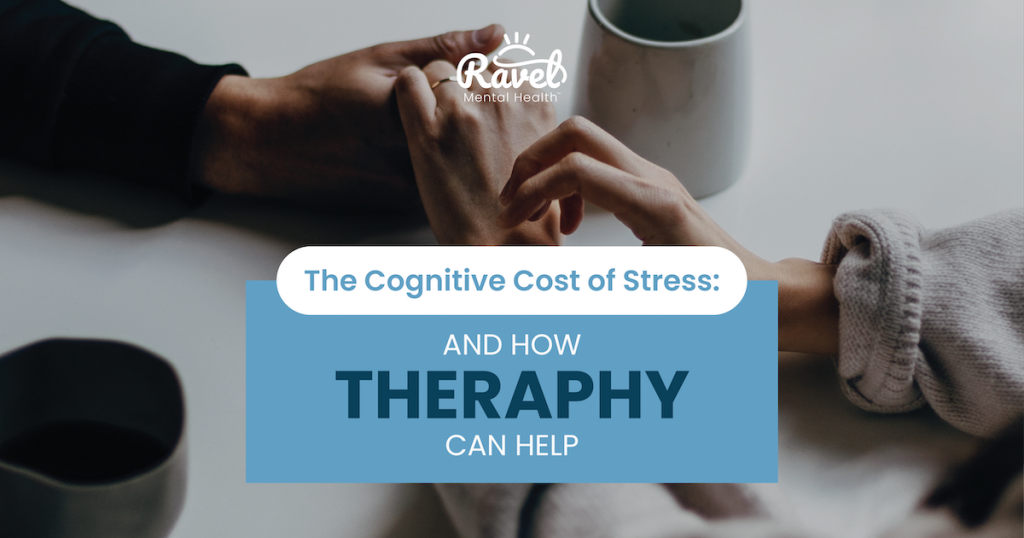The hustle and bustle of modern life often leaves us feeling the weight of stress on our shoulders.
From demanding jobs to personal responsibilities, stress can seep into every aspect of our existence. It’s not just a mental burden; it takes a physical toll on our bodies as well. But what you might not realize is that stress is a silent thief of cognitive function.
Your memory, concentration, and ability to learn new things can all take a hit when stress is your constant companion.
The Cognitive Toll of Stress
Studies have shown that people with elevated stress levels are more likely to experience a decline in cognitive function. This includes your capacity to remember, concentrate, and learn new things. Over 75% of people in the United States have reported physical symptoms of stress, such as tiredness, tension, headaches, and upset stomach. But the cognitive effects are equally concerning. A recent study found that individuals with elevated stress levels were 37% more likely to have poor cognition, even after adjusting for physical risk factors.
But it’s not just that stress affects cognitive function – it’s a two-way street. The more cognitive challenges you face, the more stressed you become. So, what’s the solution? Therapy, an often overlooked resource, can be incredibly valuable when it comes to dealing with high-stress levels.
How Therapy Can Help
Therapy isn’t just for severe mental health issues; it’s also a valuable tool for managing stress. When you’re stressed because of life’s challenges, a therapist can be your guide to a calmer, level-headed state. They’ll get to know you and recommend healthy strategies for dealing with stress. These strategies are personalized to best suit your needs and can be vital for long-term stress management.
Types of Therapy to Relieve Stress
Therapists and counselors employ various treatment methods to help people cope with stress. Cognitive behavioral therapy (CBT) is one effective form that can change negative thought patterns, often a product of stress. Other mindfulness-based therapies, like mindfulness-based cognitive therapy (MBCT) and dialectical behavior therapy (DBT), promote mindfulness as a means of stress reduction.
Sometimes, stress is a symptom of deeper issues like anxiety, PTSD, or addictions. These conditions are treatable with therapy as well, and a qualified therapist can help you understand your overall mental health. Based on your situation, they can recommend the best treatment plan to tackle both stress and its underlying causes.
Tips for Managing Stress
Your therapist may also provide you with valuable strategies to manage or relieve stress on your own. These tips target stress in the body, mind, and emotions.
→ For your body, you might practice deep breathing, indulge in a hot bath, or engage in physical activities like yoga.
→ To ease your mind, mindfulness meditation and focusing on positive life events can be remarkably effective.
→ Coping with your emotions could involve art, writing, or simply talking to someone you trust.
International Stress Awareness Day
With November 6th being International Stress Awareness Day, there’s no better time to acknowledge the importance of stress management. But it’s not just about recognizing the problem; it’s about taking action. Therapy is a powerful step toward a healthier, more focused you.
In a world that continually bombards us with stressors, it’s crucial to prioritize your cognitive well-being. So, if you’re facing elevated stress levels or have noticed your cognitive functions waning, consider therapy as a path to reclaim your mental clarity. Your journey to wellness begins with acknowledging the impact of stress on your cognition and taking steps to regain what it’s stolen from you.
Ravel’s directory is your trusted partner in finding a mental health professional who can help you conquer stress. Don’t let stress steal your cognitive function and well-being. Discover the right therapist and begin your journey to a healthier, more focused you.
